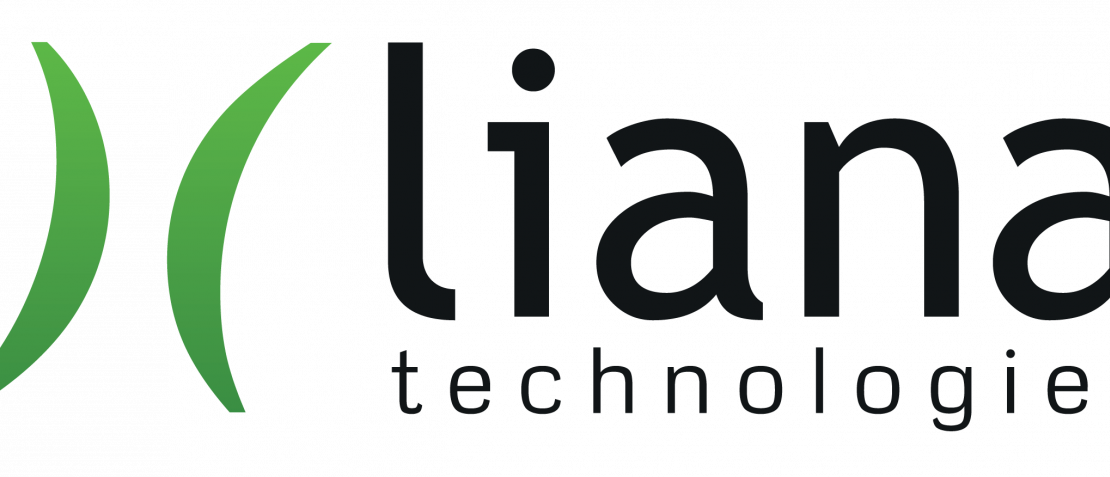Why Data Analysis And Automation Should Be Top Priority In 2020

By Tomi Saikkonen-Williams, Vice President at Liana Technologies Middle East.
Digital transformation was the buzzword on every market leaders’ lips in 2019 and a surge in the uptake of data analytics was evident. Big data adoption increased by 42% in just three years from 17% in 2015 to 59% in 2018.
The buzz word on every market leaders’ lips in 2019 was “digital transformation”, seeing a surge in the implementation of data analytics, in fact, big data adoption increased from 17 per cent in 2015 to 59 per cent in 2018, a 42 per cent increase in just three years. So, 2020 should now be reaping the benefits and focusing attention on making crucial customer data work to increase bottom lines, coupling that with automating as much of your communications as possible to free up additional time within your teams to focus on business growth over business maintenance.
Business transformation is the process we undergo to fundamentally change systems, processes, teams and technologies to achieve measurable improvements in efficiency, effectiveness and ultimately the bottom line. Digital Transformation is the application of new and frequently improved digital technologies to solve, often common, problems to the same end as business transformation, so while this isn’t 2020’s focus, it should not be forgotten. For me, digital transformation is about being agile. Being agile is what makes you survive in competitive environments like the UAE, and increasingly countries like Saudi Arabia and Kuwait. To be agile you have to get the fundamentals right and then look to scale up to today’s cutting-edge technologies that are applicable to your business, without forgetting to empower the smart minds you’ve recruited.
With many companies ramping up their digital transformation initiatives, 2019 marked a critical juncture where deep learning was helping businesses truly improve their decision-making capabilities and take customer relationships to new levels. That said, a recent publication by Forrester reported a staggering 73 per cent of customer data goes unused for analytics, despite the fact more companies are talking about big data, using technology to capture more data and acknowledging the value of this information. Information assets that companies collect, process or store but fail to put to use is called dark data. It's information that has value but isn’t utilised. Common examples include unused customer data, email engagement and old customer support tickets. With dark data predicted to account for 93 per cent of all data by 2020, it’s time we put it to good use.
We generate 2.5 quintillion bytes of data every single day and technology is enabling us to become more adept at putting that information to use. Data analytics has a nearly infinite number of uses and can help businesses become smarter, more productive and more efficient. When used correctly, it can create a noticeable competitive advantage, automating all this data will allow for better customer engagement, retention and sales.
Automation software is designed to automate repetitive tasks, based on individual interests and needs, such as emails and company news announcements, whilst making customer communication more targeted and personalised. Today's marketing technology, especially automation, is designed to send the right message at the right time to the right person based on stored information about an individual’s interests and needs, such as enquiries for products and services, making customer communication more targeted and personalised. Regardless of your company size and industry, marketing automation, which is really what we are talking about here, is beneficial for your business. These days it's not a question of whether marketing automation should be used, but a question of what for. In 2020 we are urging companies to use marketing automation software to get rid of manual work where possible and introduce the ability to run more targeted campaigns than you’d be able to do manually and with fewer resources. For larger companies automation is essential for handling high volumes of fragmented customer data and analysis is essential for converting it into meaningful results.
However, we’d do well to remember marketing automation technology brings no value without data. In collaboration with said marketing automation tools, you need to ensure it’s integrated with channels from which data can be pulled. Once you have the data, it needs to be analysed and segmented to an individual level, and then utilised for personalised customer communication via marketing automation. Every part of this process should be speaking to the other parts for maximum efficiency, information and results.
Depending on your business your data collection channels can be:
- CRM
- Website
- Email marketing platform
- Mobile app
- Event management tool
- Social media
- Online store
- ERP system
One recent example of effective marketing automation is Dubai’s current weekend hotspot, the Five Palm Jumeirah Hotel. We recently provided them with our event management solution, Eventilla. We have streamlined its main source of revenue, removing valuable hours and lengthy, convoluted booking systems. The hotel can now organise event’s through it's easy to use interface, which can be accessed via Eventilla mobile app or browser. Creating events, managing registrations, scanning tickets, sending post event surveys and understanding the overall performance of each event is behind one mobile platform. No more juggling with excel sheets, no more multiple system integrations and no more IT man hours. It’s just marketing working with our automated and individually personalised templates with access to new information.
Technology is always evolving and knowing when and what to implement is crucial. Based on our discussions with global brands we’d recommend applying a regional first approach. For us, Dubai has proved to be a prime location to expand our reach across the GCC and this expansion has been made easy by the fact that we base our technology’s evolution progress on global needs. The future of technology for business growth lies in personalised, automated communications, data management and analysis.
The ultimate aim of 2020 should be to utilise collected customer information in the most effective way, whether it’s a new product launch, brand exposure, a promotion for existing customers, a lead generation project for customer acquisition or to get direct bookings, find a way to make it seamless and intelligent. Once collected and properly segmented by the individuals behaviour, use it. Automate communication tools using analysed data for increased conversion rates using fewer man hours and you’ll be wondering why you’ve not done it before.


Comments
No comments